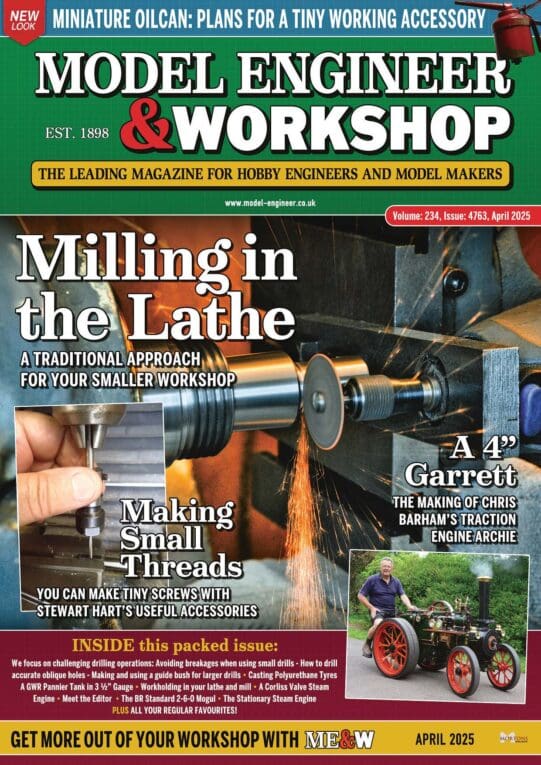Sid – does it not depend on what one is using it for? If its a seal in a pipe, particularly for say hydraulic or gaseous stuff or somesuch for which it does not have an affinity, then probably it wouldn’t make much difference.(whether in space or not – no idea ).
Hang it out in the wet on a racing suspension and you can get a problem – I don’t know enough about the presence of water in space, or the way materials are stored before use while on Terra Firma (nicely sealed in a poly bag?). But that too can make a difference
Equally store it in some magazine in Canada, and then use it as a driving band and you can get terrible problems from absorbtion in a very symmetrical circular driving band. And there is no if or but or argument about that. That’s what happened.
The point is simple – it has, as Chris said, its uses, and its limitations, and it is as well to be aware of them.(Had a lot of trouble with Delrin locking bands on early Chieftain track tensioners BTW. Bit inclined to jam in wet conditions – until two of you just jumped on the long lever. Change to PTFE – bingo. OTOH Delrin in oil baths – worked well) In other words it all depends on what one is going to do with it. .
Would I make a steam engines piston rings out of Delrin – no (despite an apparent suitability). Would I try with say PTFE- yes (not that there is much point). would i make a soft locking pad for a shaft out of it – certainly. Would I make a steam gland seal from it,- no.etc.
I might also consider costs by the way. Off cuts of Delrin and many of the nylons are cheap as chips. Some of the plastics are almost hysterically expensive. PTFE for a start
Edited By meyrick griffith-jones on 09/01/2010 19:36:33
Edited By meyrick griffith-jones on 09/01/2010 19:37:25
KWIL.


 In the ultimate, extreme application that he had a use for Delrin, any slight inconsistency in moisture content would negate millions of pounds worth of fire control computer programming! His personal experience may well be different to ours but it is valid all the same. Most of us will never need to put any material to such punishing requirements or tolerances.
In the ultimate, extreme application that he had a use for Delrin, any slight inconsistency in moisture content would negate millions of pounds worth of fire control computer programming! His personal experience may well be different to ours but it is valid all the same. Most of us will never need to put any material to such punishing requirements or tolerances. .
.

